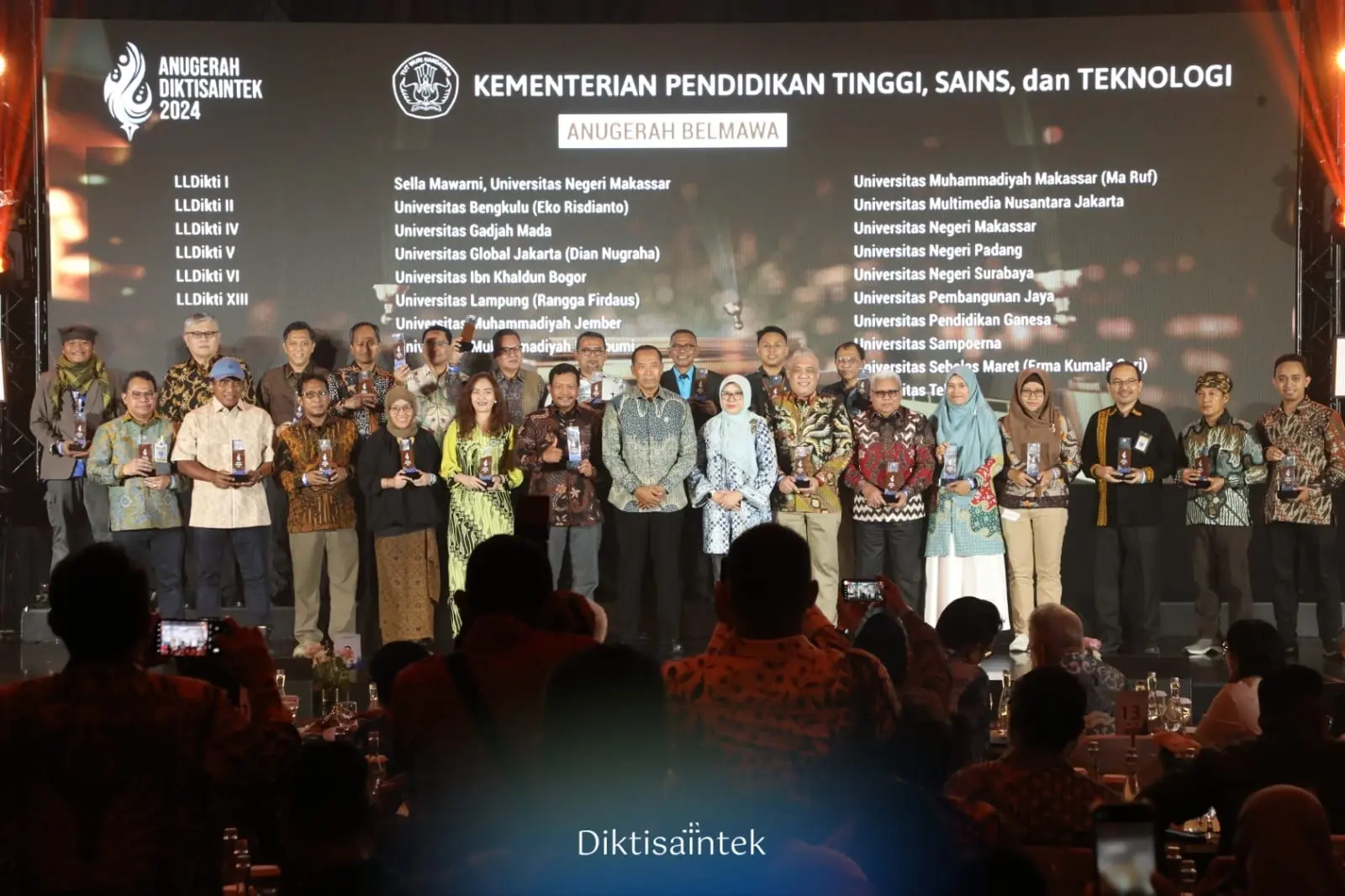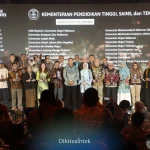10 Oct 2023
What is a Business Casual Attire? Do’s and Don’ts
Articles,
Articles - FOB,
Business casual attire is a dress code that combines formal business wear and casual apparel to create a professional yet relaxed appearance. For males, this often consists of collared dress shirts, trousers or khakis, and leather or suede shoes, with or without a tie. Blouses, sweaters, skirts, dresses, or slacks may be worn by women, along with closed-toe shoes or modest boots.
While the specifics will differ based on the organization and industry, the aim is to retain a neat and polished image while showing some personal style. Business casual dress standards provide flexibility and are widely used in businesses that value professionalism while allowing employees to feel comfortable in their clothing.
Defining Business Casual by Industry

The definition of business casual wear varies by industry, with some industries favouring a more flexible dress code and others preferring a more traditional approach. Here’s a how business casual might appear in various industries:
1. Education
Attire demands vary depending on the individual function and educational degree. Teachers from kindergarten to high school may interpret business casual in various ways. Slacks, collared shirts, and comfy shoes are examples of appropriate attire.
On the other hand, university professors typically dress more formally, wearing collared shirts, dress trousers or skirts, and closed-toe shoes. The dress chosen reflects the educational setting and the level of student involvement.
2. Construction and Manufacturing
Business casual clothes are typically worn by management and office personnel in industries such as construction and manufacturing. Management and supervisors may choose well-fitted workwear, khakis, and polo shirts to maintain a professional impression while remaining functional. Office workers frequently follow a basic business casual dress code, selecting clothing that allows them to transition between office and work floor tasks as needed.
3. Creative Industries (Advertising, Design)
Creative industries, such as advertising and design firms, allow for more freedom in personal style expression. Business casual can include various fashion options in these contexts, from trendy outfits to accessories. Creatives typically like comfortable yet attractive footwear, and jeans, as long as they are not excessively distressed, are frequently incorporated into their business. This method represents the work’s creative and artistic nature.
4. Healthcare and Medical Professions
The dress code in healthcare and medical professions varies based on the function. Due to practicality and hygiene, Doctors and nurses wear scrubs as their basic uniform. On the other hand, administrative and office personnel may be required to wear business casual dress. Professionals in such situations wear trousers, blouses, and comfortable yet professional shoes, ensuring their clothing is helpful for their responsibilities.
5. Corporate/Office Settings
In corporate and office settings, such as banking, law, and consulting businesses, business casual wear matches a more professional dress code. For men, this usually consists of dress pants, button-down shirts, and, occasionally, a blazer. Women frequently dress in fitted jeans, blouses, or conservative gowns. Compared to complete business formal dress, the emphasis is on presenting a polished and professional appearance while allowing for a degree of comfort.
6. Hospitality and retail
Dress rules in the hospitality and retail sectors frequently correspond to customer-facing roles. Personnel at the front desk and in management often wear dress shirts, blouses, dress slacks, and professional shoes. Depending on the store’s image, sales and retail workers may experience dress code changes ranging from khakis and polo shirts to formal shirts and trousers. Regardless of the precise dress code, the emphasis is on conveying a welcoming and professional image to customers.
7. Technology/Startups
The technology sector has diverse dress rules. Tech firms, known for their casual work environment, frequently embrace a flexible dress code, allowing employees to wear jeans, t-shirts, and sneakers. On the other hand, more established IT businesses may encourage slightly dressier business casual clothes, such as chinos, polo shirts, or casual dresses. This adaptability reflects the industry’s emphasis on creativity and innovation.
It’s important to note that dress rules differ significantly between industries, driven by factors such as company culture, regional customs, and individual company policies. Employees should always review their workplace policies to verify they meet their organisation’s standards. Finally, business casual dress is a flexible middle ground that allows individuals to maintain professionalism while embracing some degree of comfort and personal style expression within their respective businesses.
Entrepreneurship at Sampoerna University
Sampoerna University is a fully accredited university in Indonesia that offers the best choice for those seeking excellent international education. We are a private, non-denominational, non-profit university licensed and certified by the Republic of Indonesia’s Ministry of Education, Culture, Research, and Technology. Formed according to national and international standards, Sampoerna University is qualified to contribute to society through education substantially.
Sampoerna University offers a range of entrepreneurship courses as part of its undergraduate programs. These courses focus on developing entrepreneurial skills, including opportunity recognition, business planning, marketing strategies, financial management, and innovation. Students learn to assess market feasibility, create business models, and develop sustainable business strategies.
We also collaborate with industry partners, start-up incubators, and entrepreneurial organizations to provide students with practical exposure and real-world experiences. Through these partnerships, students can participate in internships, industry projects, and mentorship programs, gaining valuable insights into the business world and entrepreneurial practices. The University emphasizes entrepreneurship as a critical component of its educational approach.
9 of 10 graduates get employed three months after graduation*. Immediately register to participate in the new student admissions process for the 2023-2024 year here. Our Admission Team will contact you soon to provide more detailed information.
Schedule with us whenever you want to visit campus tours on-site or virtual!





